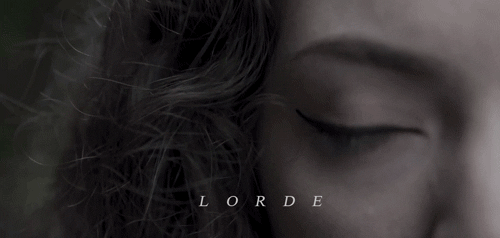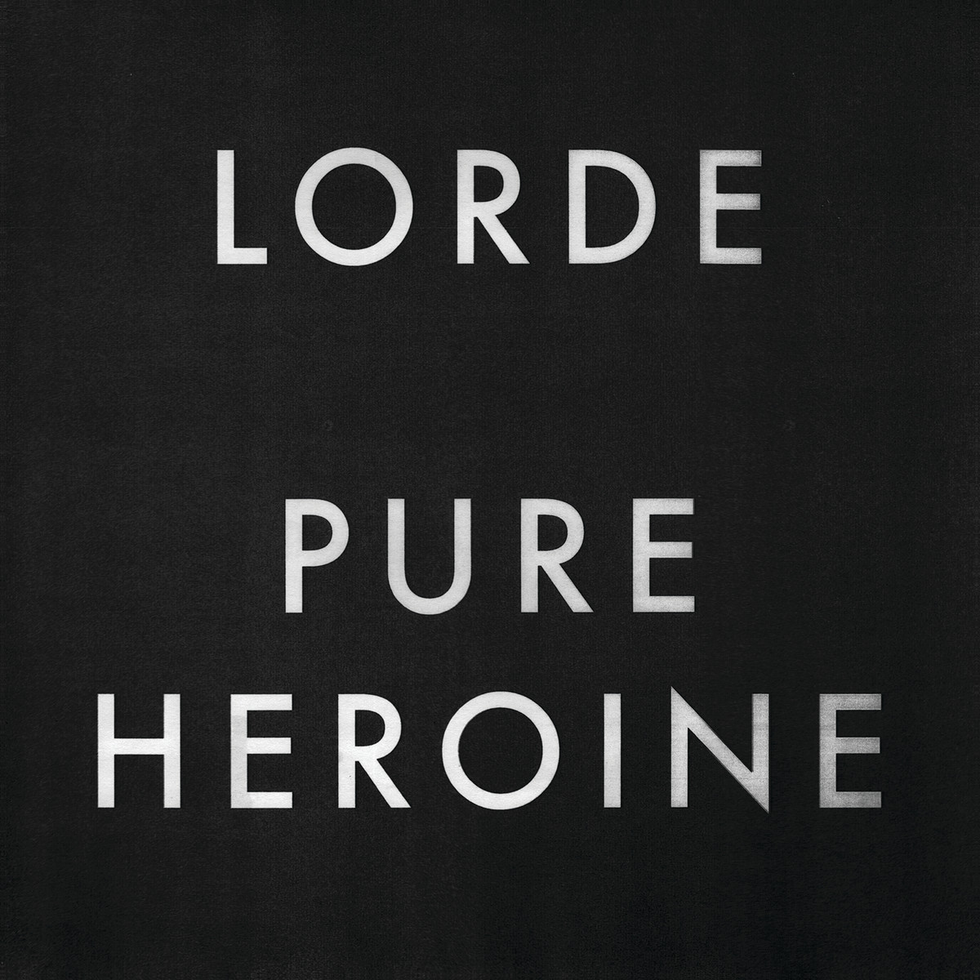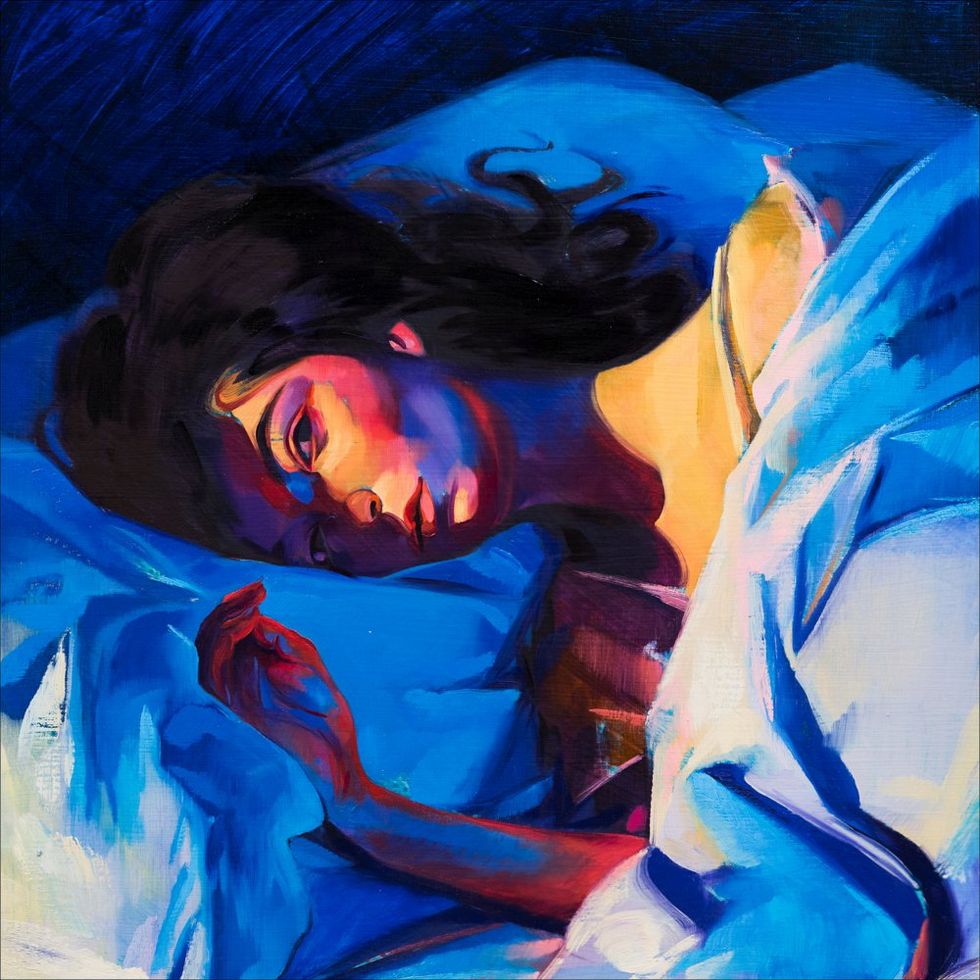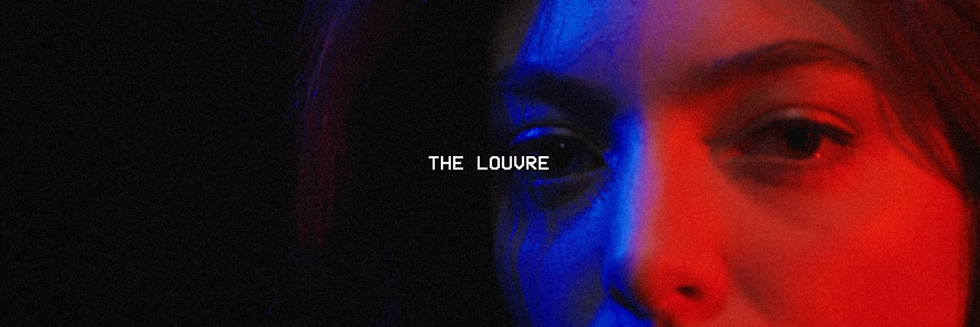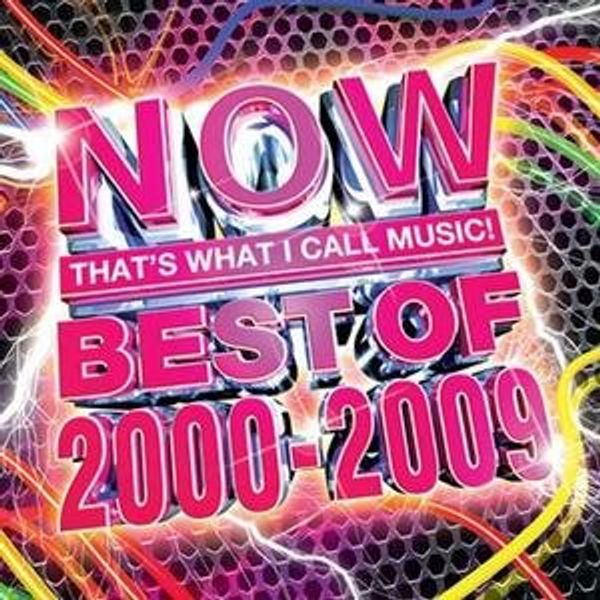And we'll never be royals
It don't run in our blood
That kind of lux just ain't for us
We crave a different kind of buzz
Let me be your ruler, you can call me Queen B
And baby I'll rule (I'll rule I'll rule I'll rule)
Let me live that fantasy.
You're probably familiar with these lyrics from the hit song Royals by New Zealand music star Lorde. With Royals taking the pop music charts by storm in 2013, Lorde (Ella Marija Lani Yelich-O'Connor--no wonder she chose a simple, one-syllable stage name) became a pop icon. In many ways, Lorde and her music helped to set a trend so many girls now imitate: brooding and murky with an artistic air of edginess. While I have little love for pop culture, and even less for pop culture that pretends to be something else, I do have a surprisingly deep appreciation for Lorde.
Lorde's strength lies in her gift as a lyricist. Do I think Lorde is moderately annoying for embodying the trend that she helped to set? Absolutely. But her ability to write is undeniable. The influence of hip-hop is clear in her first album, as Pure Heroine mainly deals with the themes of consumerism/materialism and teenagerdom, with cynically blasé lyrics on top of a heavy beat. The main song that I care about off of Pure Heroine is Glory and Gore--its tone and style embody the aesthetic of Pure Heroine, but they also give highlight Lorde's skill as a writer.
We gladiate but I guess we're really fighting ourselves
Roughing up our minds so we're ready when the kill time comes
Wide awake in bed, words in my brain,
"Secretly you love this, do you even wanna go free?"
Let me in the ring, I'll show you what that big word means
Lorde's lack of convention--like using the adjective gladiate as a verb and "don't" instead of "doesn't"--makes her lyrics off-kilter, but not so much that it becomes bad internet poetry; it doesn't feel like it's a pretentious and blind misuse of English. Lorde's style is hard to discern in Pure Heroine, lost amid all the heavy noise and Royals-mania. But if you strip the music away and just focus on the lyrics, they become intriguing in their own right as art.
In her second album Melodrama, which was released earlier this year, Lorde abandons much of her dark, heavy electronic pop sound in favour of a subtler and softer approach that supports the main focus: her voice and her lyrics. Songs like Writer in the Dark are much slower, more deliberate, and more heartfelt than the first hit song written about the materialism of pop culture by a 16 year old out of Auckland, New Zealand.
I still feel you, now and then
Slow like pseudo-ephedrine
When you see me, will you say I've changed?
I ride the subway, read the signs
I let the seasons change my mind
I love it here since I’ve stopped needing you
Melodrama is still a hit among young adults--it's overall more popular than Pure Heroine, excepting Royals--but in a different way and for different reasons than Pure Heroine. Lorde's music does not quite lose its edge--the bite in music and words--but it does take on a much more raw and vulnerable quality. Which, given, provides ample supply for so-called "deep" captions on Instagram selfies. But overlooking that, Melodrama is really quite an outstanding album. I'd argue that Lorde's best work on this new album is The Louvre--a dark, sincere, and beautiful composition about broadcasting love and insecurity for the whole world to see, where Lorde's voice tells half the story and her music tells the rest.
Our thing progresses, I call and you come through
Blow all my friendships to sit in hell with you
But we're the greatest, they'll hang us in the Louvre
Down the back, but who cares, still the Louvre
Okay I know that you are not my type (still I fall)
I'm just the sucker who let you fill her mind (but what about love?)
Nothing wrong with it, supernatural
Just move in close to me, closer, you'll feel it coasting
Melodrama showcases what Lorde does best, and I'll be interested to see where she goes from here.


